
There has long been magical thinking in all parts of American life, so why not in American social media? If you don’t think there is magical thinking in social media, then perhaps you yourself have some magical thinking going on! No offense, but that thinking permeates everything these days. Here are some ways magical thinking is a part of all we do in social media.
My post will go viral
Chances are pretty good that you’re not going viral. Also, I hate to say it, but you’re probably not going to win the lottery, either. You might get $5 or $8, but the odds are that you’re not going to win. So why do you believe your post will go viral? Do you know anyone else that this has happened to? Or perhaps you’ve read about posts going viral, or seen it happen on a reality show! I wrote this article about posts going viral around a million years ago, but you might still like it!
My sales are going to go through the roof
If you’re using social media and expect sales, then probably not. Social media isn’t sales. You might like this article I wrote recently: Social Media Isn’t Actually about Sales. So no. One person is not going to tell two people who will tell two people until your sales quintuple. But you can expect more people to have heard of your company or brand by using social media. Having realistic expectations helps everyone.
Other people believe the same things you do
Yes, it’s strange to think that people are mind readers. Perhaps it’s the Pandemic. Maybe we’re all spending too much time indoors, without socializing, and we’re having some mental health challenges. Or at least some PTSD. We all believe different things, and it’s important to find out what others believe, or at least what your ideal client believes, before trying to pitch to them. The best thing to do? Ask what thoughts people have before assuming you know them. Sometimes your guess may work, but often it won’t. If you want to conduct a survey, asking your own clients can give you some much-needed answers (or change your assumptions). Here’s a good article: 5 ways to include surveys in your social media strategy.
Everyone will share my post
It’s good to adopt a strategy of generosity on social media. If you start bombarding people with ads, direct or private messages, or tagging them without reason, you’ll probably get banned. Sharing their posts is a good idea, especially if what they do is related to what you do. Once you share or comment on someone else’s post they might share yours, too. But if you don’t do that first? Guess what–you don’t have any social equity in the bank!
Social Media is easy
It’s really not. It requires a lot of thinking, sharing good images, and engagement with others. Please don’t hire your nephew to run your social media (unless he has some experience). Because then you will be sad.
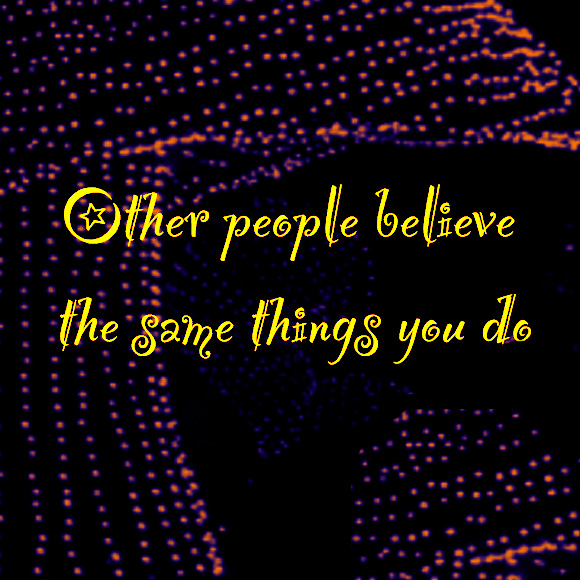



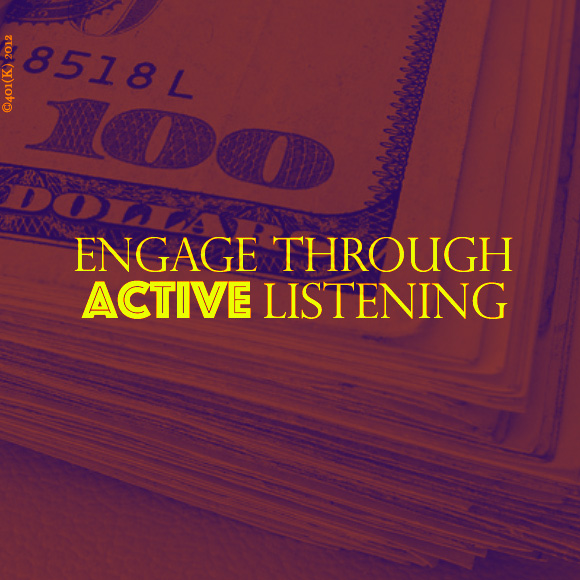








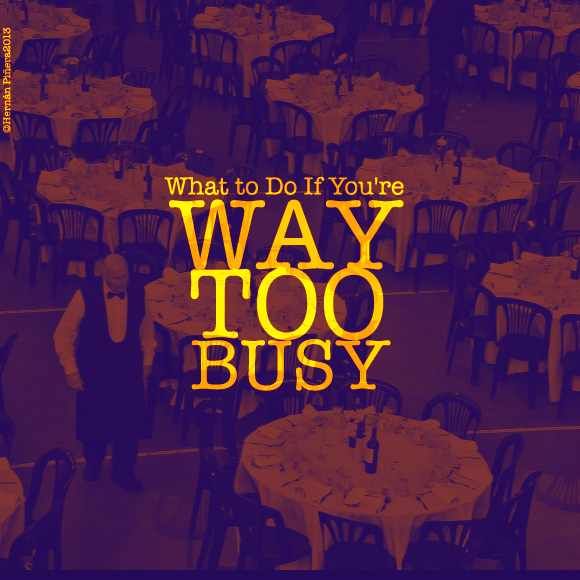






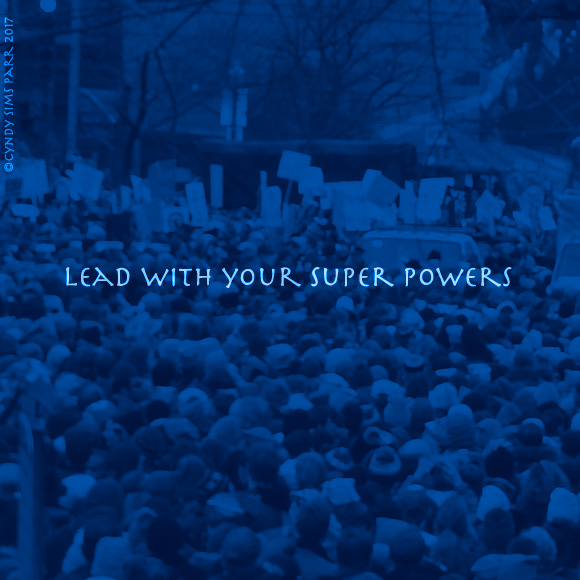

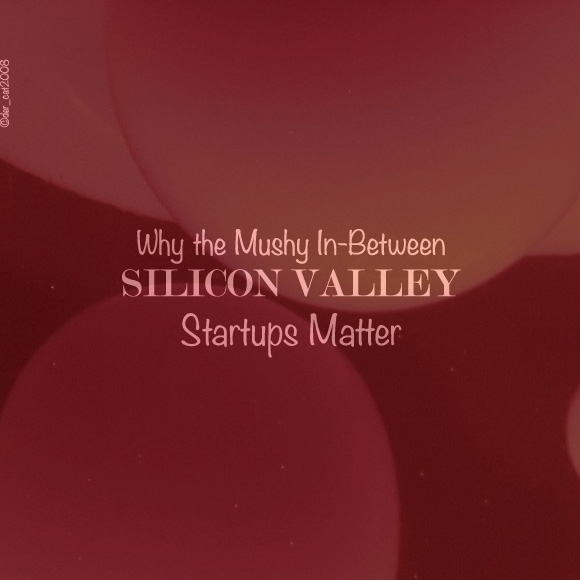
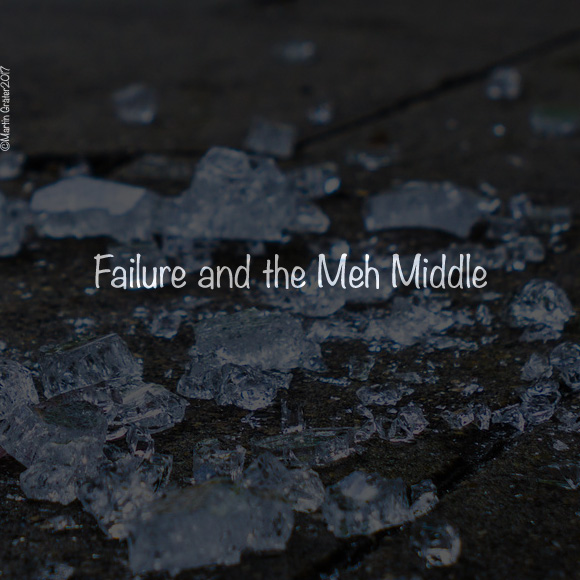

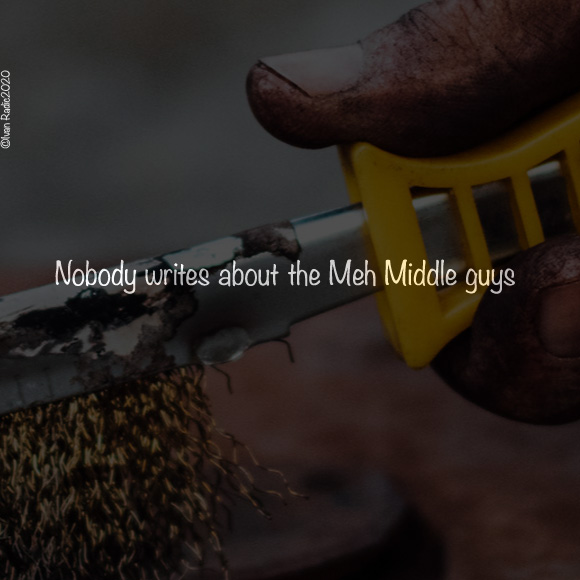
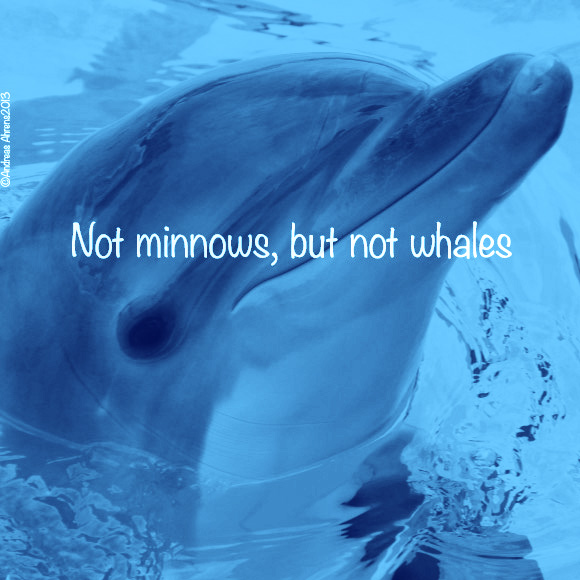
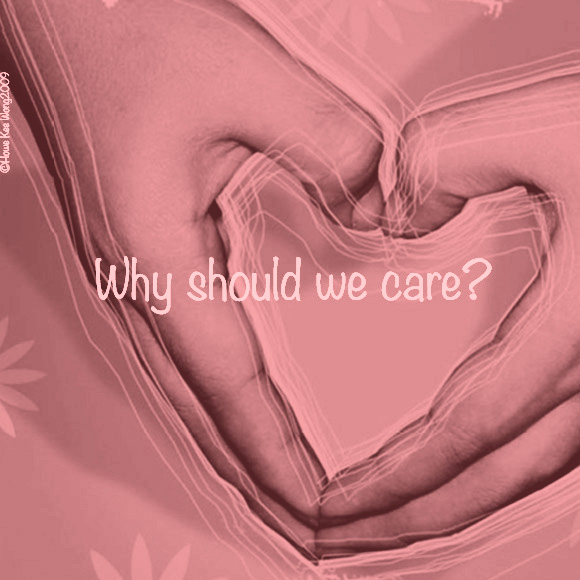

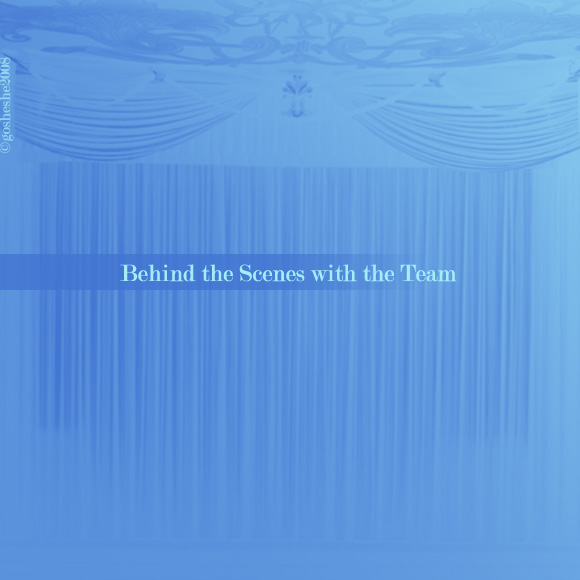


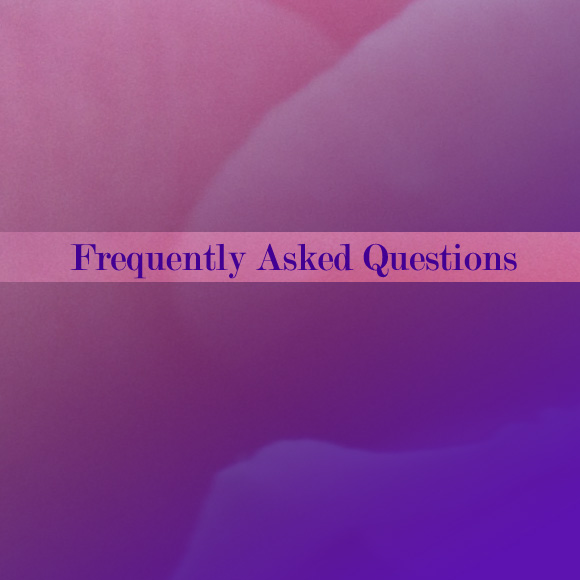






Follow Carol!